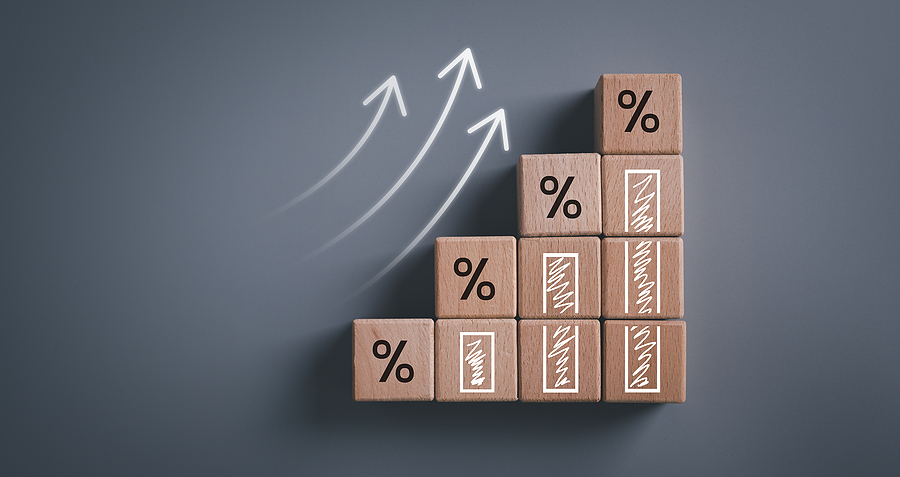As of the third quarter of 2024, the average American household credit card balance was about $10,757.
The personal-finance website WalletHub released a new credit card study, which found that consumers added $21 billion in debt during the third quarter of 2024.
Early results for the fourth quarter of the year show preliminary data for October at a record high for credit card debt.
The record-high credit card debt in October reflects a 3% year-over-year increase after inflation adjustments, driven by rising interest rates and holiday spending. While Q3 debt growth slowed compared to 2023, total debt remains high at $1.29 trillion.
With the holidays winding down, many Americans are expected to add more to their credit card balances before the end of the year.
As bankruptcy attorneys, we see credit card debt as one of the most common problems facing those with serious financial challenges. It is not surprising with the high interest rates, unreasonable fees, harassing debt collection calls, penalties and never-ending minimum payments that do not even make a dent in your actual debt.
Filing for bankruptcy is a viable option for those struggling with insurmountable credit card debt. Chapter 7 is the fastest form of consumer bankruptcy and forgives most unsecured debts like credit card debt, medical bills, and personal loans. There are certain qualifications a consumer must meet regarding income, assets, and expenses to file for Chapter 7 bankruptcy, which is determined by the bankruptcy means test.
If you have questions on this topic or are in financial crisis and considering filing for bankruptcy, contact an experienced Miami bankruptcy attorney who can advise you of all of your options. As an experienced CPA as well as a proven bankruptcy lawyer, Timothy Kingcade knows how to help clients take full advantage of the bankruptcy laws to protect their assets and get successful results. Since 1996 Kingcade Garcia McMaken has been helping people from all walks of life build a better tomorrow. Our attorneys help thousands of people every year take advantage of their rights under bankruptcy protection to restart, rebuild and recover. The day you hire our firm, we will contact your creditors to stop the harassment. You can also find useful consumer information on the Kingcade Garcia McMaken website at www.miamibankruptcy.com.
SOURCE: https://www.thecentersquare.com/national/article_408ef9cc-b429-11ef-8570-fb91e62992d2.html



